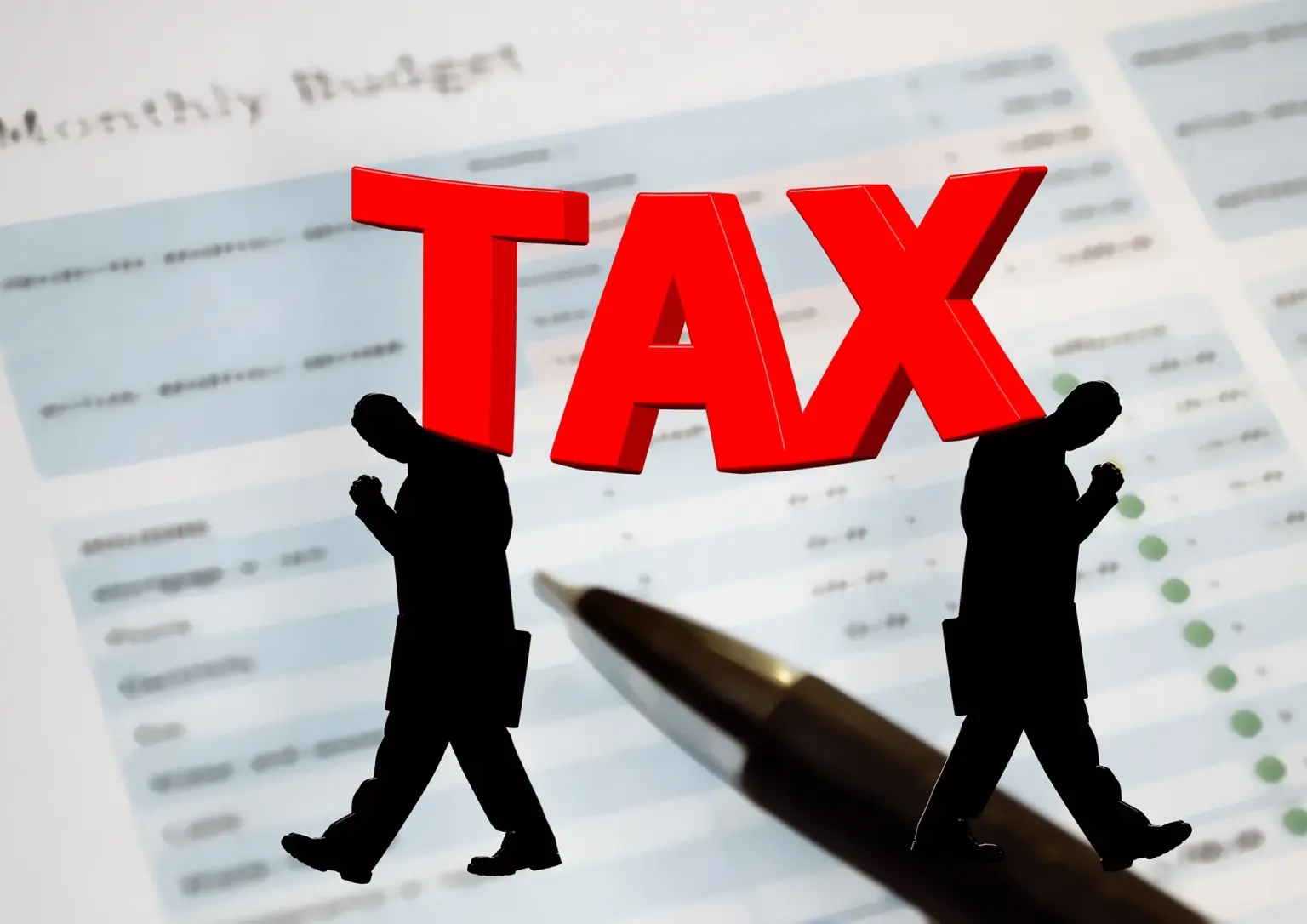The UAE has brought in new UAE tax rules that make some big changes to how the country handles taxes. As of July 1, 2025, the updated rules apply to large companies, partnerships, and property owners. These changes are part of the latest UAE tax news and are designed to align the UAE’s tax system with international standards.
Multinational companies earning more than €750 million worldwide will now have to pay a 15% Domestic Minimum Top-Up Tax if their UAE tax rate falls below that level. This step brings the corporate tax in UAE in line with international tax rules. The standard tax rate still remains at 9% for profits above AED 375,000, while profits below that, and those made by qualifying free zone companies, will stay at 0%.
The new UAE tax rules also bring clarity for unincorporated partnerships, foreign firms, and family-run foundations. As of July 1, 2025, these groups must follow new deadlines for registering and filing tax documents. The FTA has explained who must register, when to do it, and how the authorities will apply tax to each partner’s share of the profits.

There’s also a new decision on how businesses can calculate depreciation for investment properties. Companies that report property value based on market rates will now need to follow a clear method to figure out their tax deductions. This helps make the calculation of taxable income more consistent under the latest UAE tax rules.
Key deadlines under the corporate tax in UAE
Businesses are required to register for corporate tax, file audited returns, and submit transfer pricing details by September 30, 2025. Failing to do so could result in penalties or missed opportunities for tax relief. The corporate tax in uae also offers certain exemptions, such as for charities, companies in free zones, and the oil and gas sector. Small businesses earning under AED 375,000 will continue to get relief.
These changes in UAE tax news show that the UAE is serious about improving transparency and staying in step with global tax practices. The government still does not tax personal income, so the current UAE income tax system only applies to company earnings. Still, many businesses and experts are watching closely as the rules keep evolving and discussions on UAE income tax continue.
Overall, the updated UAE tax rules—including the 15% top-up tax and changes for partnerships and property—make the corporate tax in uae system more stable, fair, and future-ready. Now is the time for businesses to register, file, and plan to stay compliant and maximize the available reliefs.








